In a significant step toward reshaping last-mile logistics, South Bengaluru’s Prestige Falcon City has become the city’s first residential society to receive groceries, medicines, and daily essentials via drone. This pilot initiative is a collaborative effort between BigBasket, the leading quick commerce platform, and Skye Air Mobility, a drone logistics startup. Residents of the community now enjoy near-instant deliveries—with drones completing orders in just 5 to 10 minutes—ushering in a new era of convenience, sustainability, and reduced congestion.
The delivery process is streamlined through a local BigBasket storage facility located within 5 kilometers of the apartment complex. Orders placed by Falcon City residents are routed through this dark store, from where drones operated by Skye Air are dispatched. These drones, which have received the necessary approvals from the Directorate General of Civil Aviation (DGCA), follow pre-mapped aerial routes and are integrated with real-time tracking systems, allowing residents to monitor their orders mid-flight.
According to Avinash HV, South Bengaluru President of the Bengaluru Apartment Federation and a core member of Prestige Falcon City’s Resident Welfare Association (RWA), this drone delivery model addresses multiple challenges simultaneously. “Our goal is to deliver faster, enhance service efficiency, and reduce traffic congestion within the community. Earlier, multiple delivery agents would frequently enter and exit the premises, causing delays and clogging internal roads. With drones, those problems are drastically reduced,” he explained.
Importantly, the drones do not carry cameras, making them privacy-conscious and neighborhood-friendly. Deliveries are received by a designated ground staff member stationed inside the apartment premises, who ensures the packages are handed over efficiently to residents. Currently, packages weighing up to 7 kg are eligible for drone delivery, with Skye Air’s technology capable of batching multiple deliveries or sending them one by one based on demand flow. Operating hours run from 7 AM to 8 PM, and despite the high-tech infrastructure, customers incur no additional cost.
Skye Air Mobility, which currently operates two drones for this pilot, is gearing up for rapid expansion. Over the next three months, the company plans to roll out its quick commerce drone delivery service to at least 20 more residential societies in Bengaluru, targeting areas like Jayanagar, Bannerghatta Road, and Electronic City. “At present, we manage around 40 to 50 orders daily, but we expect this number to increase significantly with the rollout of our Skye Pod Network,” said Ankit Kumar, CEO and founder of Skye Air Mobility.
The Skye Pod Network is envisioned as a dedicated infrastructure ecosystem that facilitates seamless drone landings and take-offs in gated communities. It will support a much larger fleet—up to 25 or 30 drones—to cater to growing demand while improving delivery speed and reliability.
Kumar emphasized the logistical advantage drones offer over conventional delivery agents. “A human delivery rider completes around 30 deliveries a day, while a drone can do 60. Plus, drones reduce delivery distances by flying direct aerial routes, which are often half as long as road routes, especially in traffic-congested cities like Bengaluru. This helps cut down carbon emissions and lowers the cost of infrastructure expansion,” he added. Skye Air is also looking to increase the delivery radius of dark stores from 1.8 km to 5 km, potentially reducing the need for dense storage networks across the city and optimizing both capital and operating expenditure.
Drone operations are supported by sophisticated 3D flight mapping systems and are conducted within designated green and yellow air zones, in coordination with authorities such as Hindustan Aeronautics Limited (HAL) and the DGCA. Kumar noted that while obtaining flight permissions from civil aviation bodies is routine, challenges persist at the local enforcement level. Under the Drone Rules 2021, operators must inform local police before drone flights—an often-overlooked but critical step for smooth implementation.
Despite these advances, experts believe the wide-scale adoption of drone-based logistics across Indian residential communities is still in its infancy. According to Gulam Zia, Senior Executive Director at Knight Frank India, "While the potential of drones in quick commerce is exciting, large-scale implementation remains experimental. Regulatory clarity, infrastructure, and consistent airspace management are necessary before we see widespread adoption. For now, only select gated communities might explore this in pilot phases."
From a real estate standpoint, Zia pointed out that drone delivery’s influence is minimal in the immediate future. “Its impact will only become meaningful once there’s a well-established framework that integrates policies, infrastructure, and operations across cities,” he said.
Nevertheless, both BigBasket and Skye Air Mobility are optimistic. They see drone logistics as a complementary model rather than a replacement for traditional delivery systems. With its promise of efficiency, lower emissions, and speed, drone delivery is poised to become a vital pillar of urban logistics—especially as technology evolves and sustainability remains at the forefront of urban planning.
Image source: flexairo.com

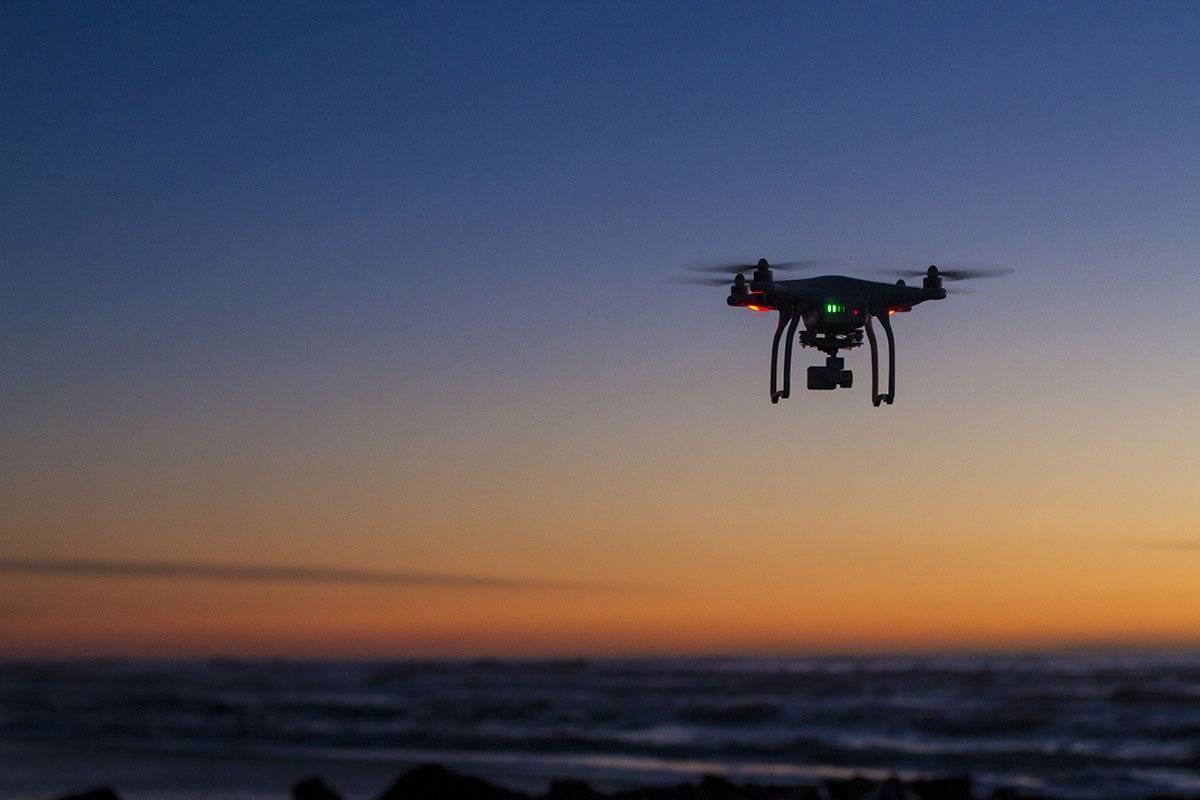

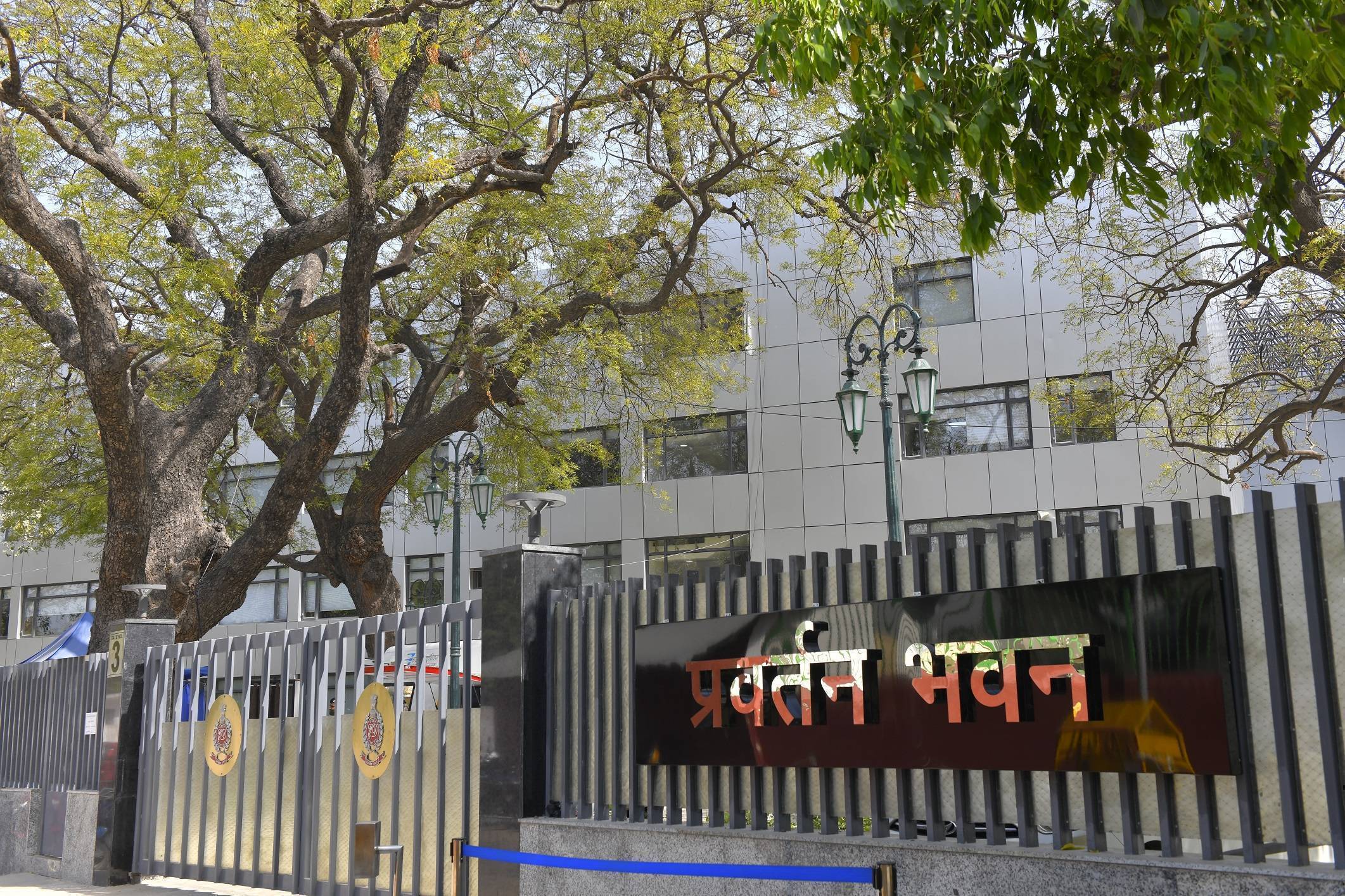
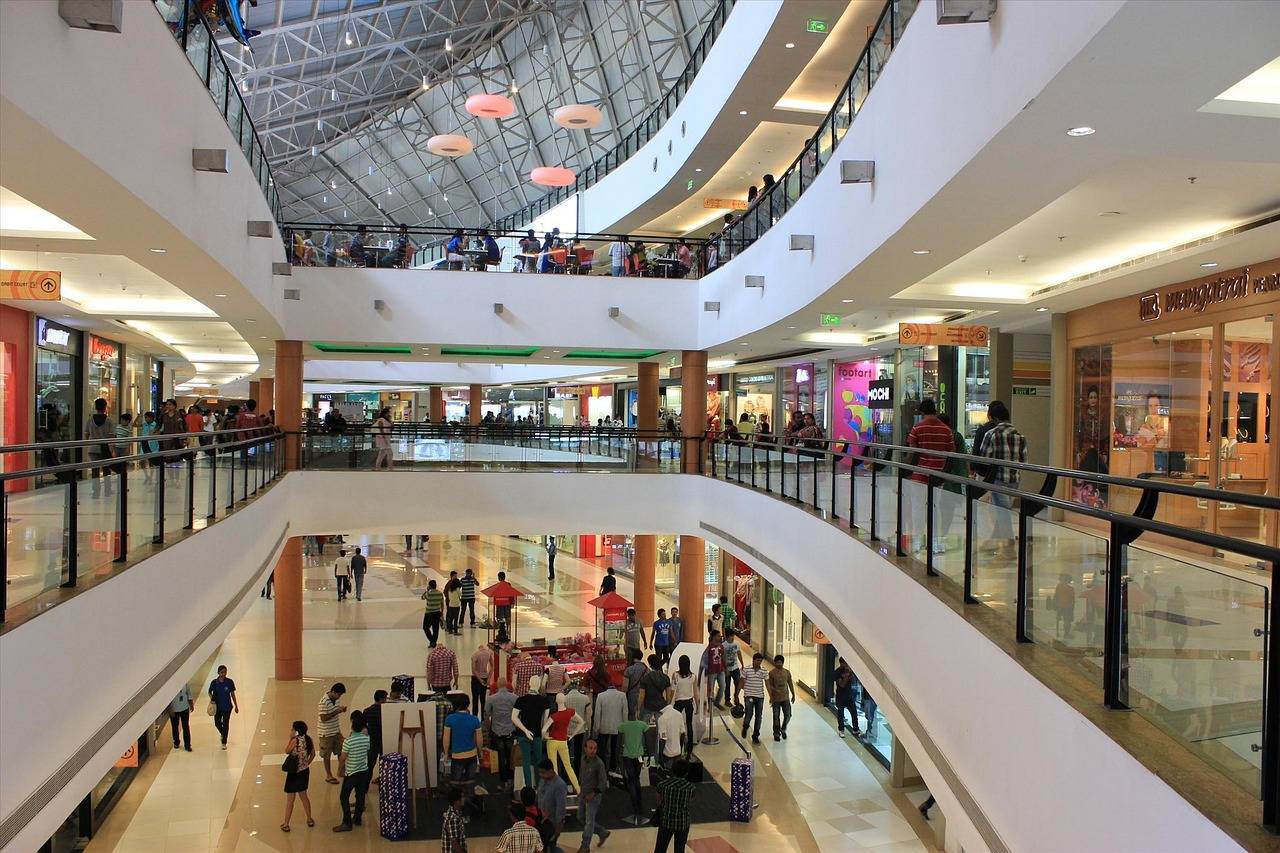
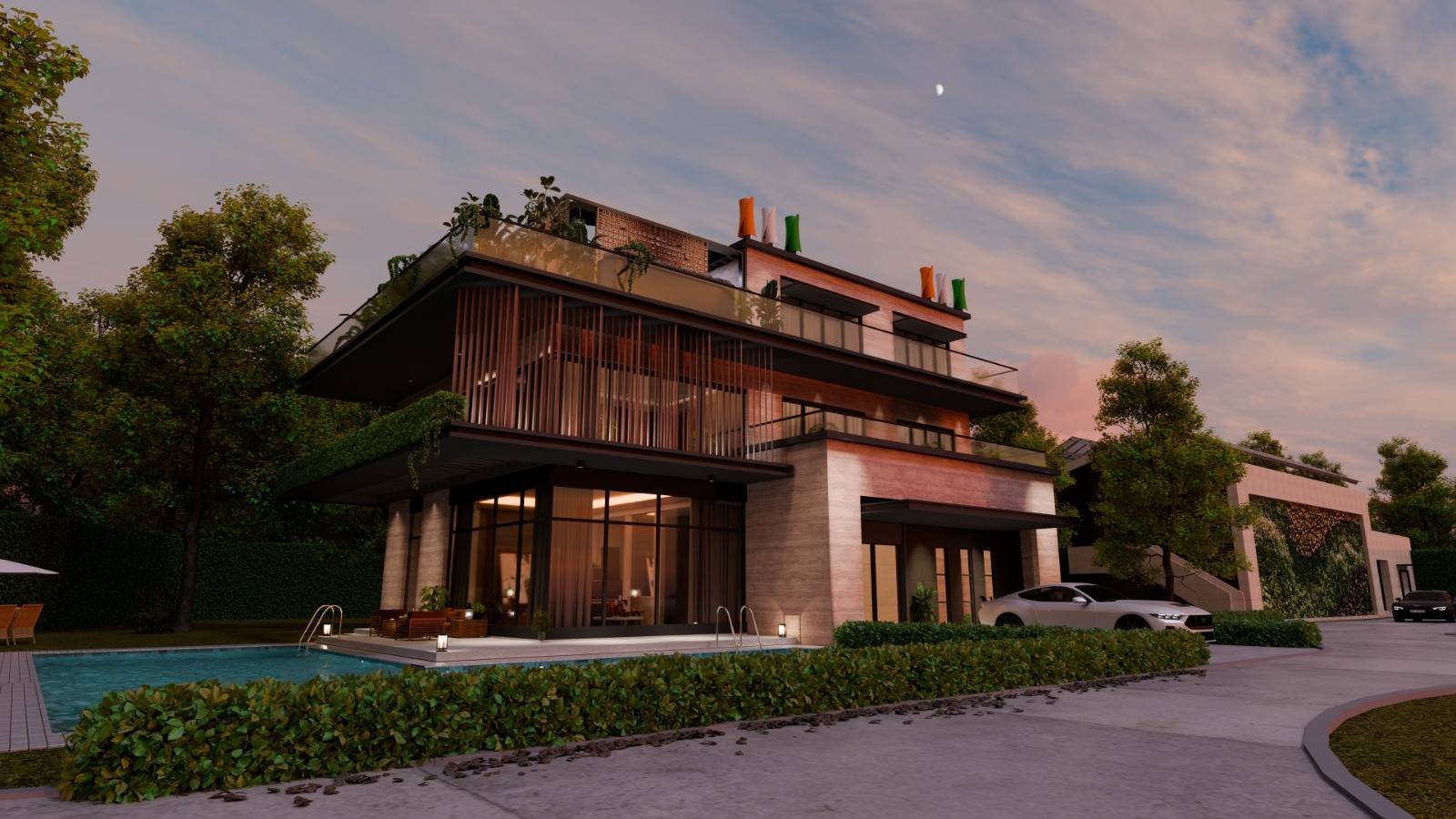

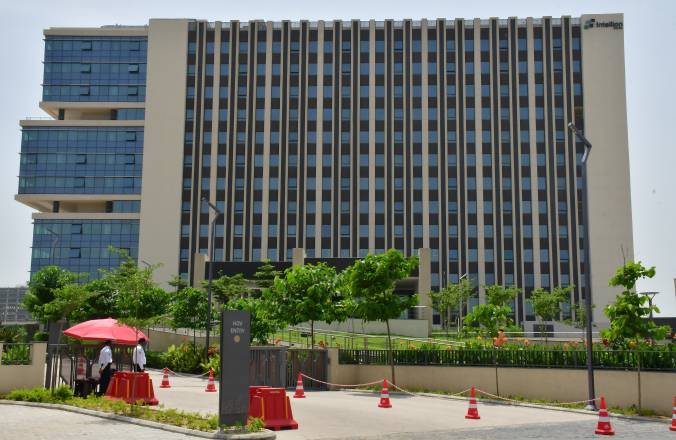

.png)